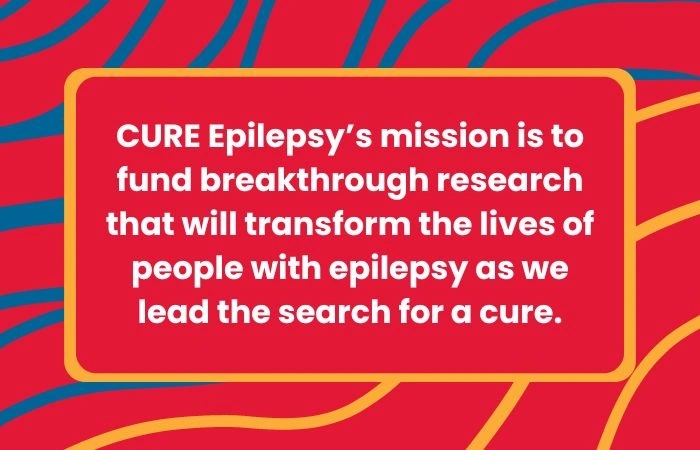The Challenge - Finding a Cure for Epilepsy
Epilepsy is a common neurological disorder diagnosed when a person has two or more unprovoked seizures. It affects more people than multiple sclerosis, muscular dystrophy, Parkinson’s disease, and ALS combined. Yet, despite its prevalence, epilepsy receives less federal funding per person compared to these other brain disorders, which leads to critical gaps in research. Epilepsy is heterogeneous; it presents differently in each person affected and varies in severity. There is an urgent need to unravel the complexity of epilepsy, accelerate research and fill funding gaps, and develop therapies so that all those with epilepsy are able to achieve seizure freedom until we find cures.
Learn more about epilepsyOur Driving Principles
Since 1998, CURE Epilepsy has invested in foundational research to understand the biology of epilepsy. By understanding what is causing seizures, we can target treatments and cures to stop them. Over the coming years, the focus of our investments will be in foundational research, unmet needs, and early career investigators. We will continue to fund the innovative ideas of today that will lead to the cures of tomorrow.
This is CURE EpilepsyIn the time that I was a CURE Epilepsy Taking Flight awardee, I generated a lot of preliminary data and results and cellular models that really laid the foundation for future NIH-type grants.
Assistant Professor of Neurology, Northwestern University

Stay in the Loop
Sign up for our email list and get the latest epilepsy news right to your inbox.













